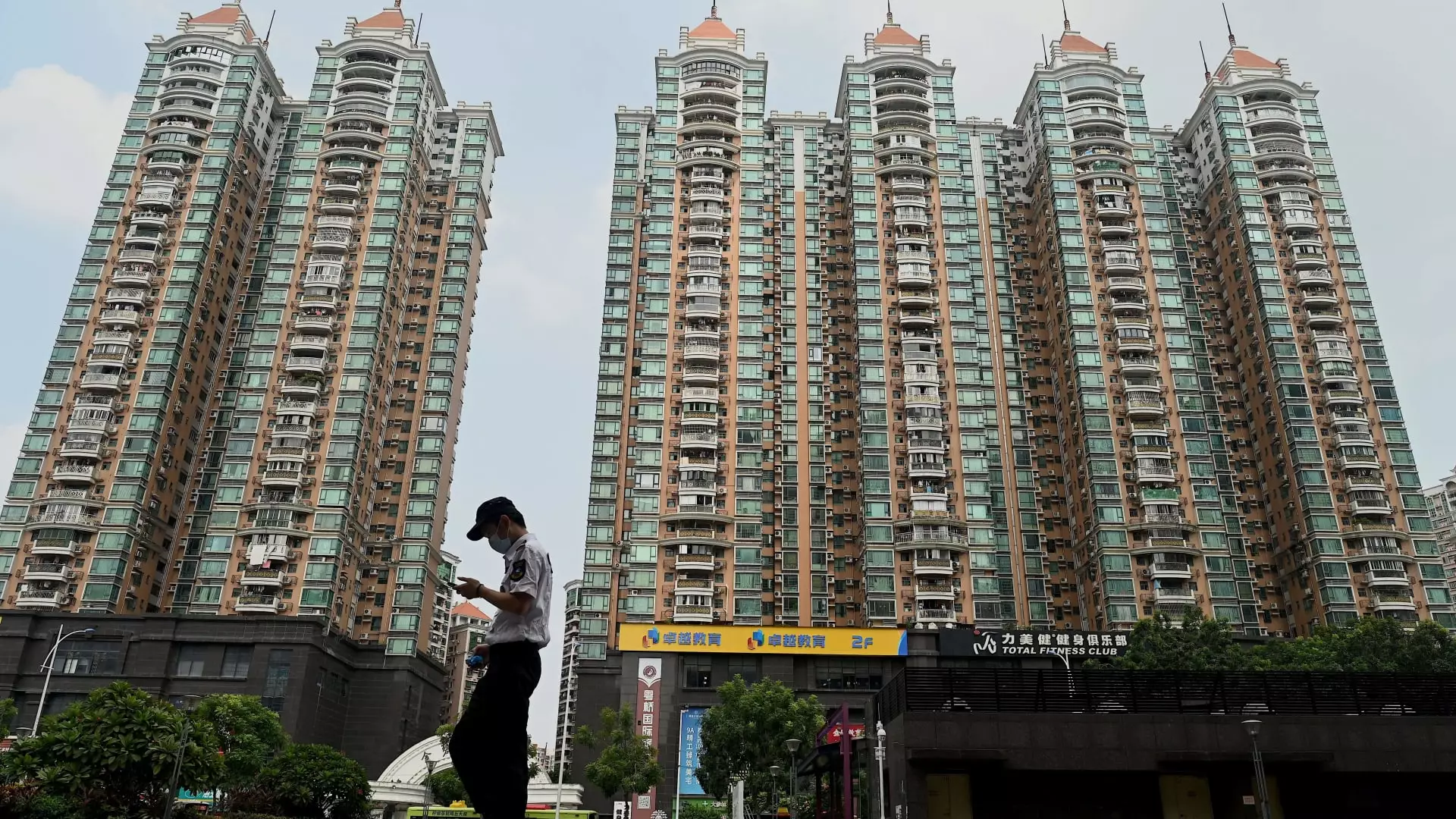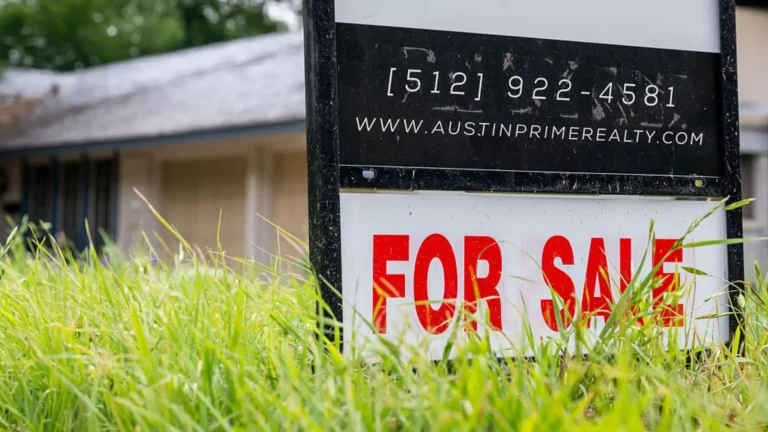Reviving a Stagnant Market: A Look at China’s Latest Property Measures

In recent times, the Chinese property market has faced unprecedented challenges, characterized by an alarming decline that has put immense pressure on developers, investors, and homebuyers alike. Since 2020, a crackdown on high debt levels in the real estate sector has seen investment plummet, leading to an extended downturn that has left many stakeholders questioning the stability of the market. Against this backdrop, the Chinese government is now seeking to restore confidence among potential homebuyers and reinvigorate a sector that was once a major driver of the national economy.
Effective recently, a series of easing measures have been implemented in major cities across mainland China, aimed at boosting homebuyer sentiment. The Guangzhou city government announced the removal of all home purchase restrictions, significantly altering the landscape for prospective buyers. Previously, migrant families faced stringent requirements, mandating them to fulfill tax or social insurance obligations for six months to be eligible to purchase up to two homes. The reforms also allow single individuals access to homeownership, lifting them from restrictions that previously limited them to just one apartment.
Similarly, Shanghai has responded to the crisis by modifying the required tax-paying period from three years to just one year. Additionally, the down-payment ratio for first homes has been reduced to approximately 15%, while second home purchases now require a down payment of about 25%. These developments come as a welcomed change for many, particularly as they strive to navigate through an unpredictable economic environment.
The initial response of the stock market to these policy changes has been significantly positive. On the first day following the announcement, the Hang Seng Mainland Properties Index surged by an impressive 7%, following a remarkable 30% rally from the previous week. Notable real estate giants such as Longfor Group Holdings and Hang Lung Properties experienced substantial gains, reflecting renewed investor belief and optimism surrounding the property sector’s potential recovery. The broader CSI 300 index demonstrated similar trends, showcasing an overarching revival across various sectors in the region.
However, while these numbers paint a picture of recovery, it is crucial to approach the situation with caution. Experts like Allen Feng from Rhodium Group have indicated that the real impact of these measures may be more pronounced in first-tier cities—like Beijing, Shanghai, and Guangzhou—compared to smaller cities, where previous relaxation measures had little effect amid unsold inventory.
While the government’s latest initiatives mark a positive step, the overriding question remains: is this enough to stem the tide of decline? The central government has openly called for a concerted effort to reverse the downturn and stimulate recovery. Accordingly, the People’s Bank of China has made further moves, including a reduction in interest rates for existing mortgages, indicating a commitment to creating a more favorable environment for homeowners.
Yet, the journey toward a robust recovery is fraught with challenges. The real estate industry’s past reliance on an ever-increasing cycle of debt has created an oversupply of real estate properties, a condition that is unlikely to ease in the short term. Policy changes may offer temporary relief, but without addressing underlying issues—such as completing stalled construction projects and reducing surplus inventory—the prospect of a sustainable market turnaround may remain elusive.
The Chinese government’s latest easing measures and policy adjustments signify an important attempt to bolster the struggling property market. However, the effectiveness of these changes won’t be fully realized until they are combined with more comprehensive strategies to resolve deeper systemic issues, including tackling unfinished developments and unsold inventory.
As the property sector strives for resurgence, it remains pivotal for policymakers to maintain a delicate balance, fostering both immediate market stabilization and long-term viability. In an unpredictable economic landscape, the focus must extend beyond reactionary measures, seeking to rebuild a foundation of stability, confidence, and sustainable growth within one of China’s most critical industries.





